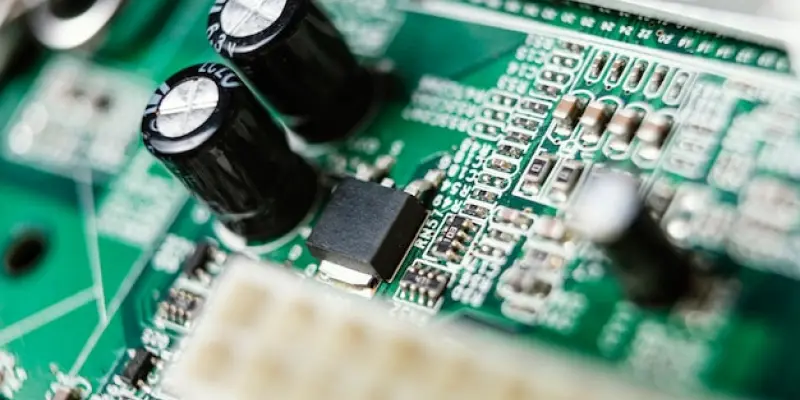The landscape of network-attached storage (NAS) devices continues to evolve as tech companies strive to meet the growing demands of users. Recently, there has been significant attention given to Synology’s DS425+ NAS, a 4-bay storage unit designed with advanced users and small setups in mind. It has received praise for its upgraded 2.5 GbE port and dual NVMe slots, which signal Synology’s willingness to make moderate advancements. However, its reliance on an outdated Intel Celeron J4125 processor and restrictive compatibility policies underscore challenges that users may face when implementing it into their setups.
Hardware and Networking Limitations
Upgraded yet Restrictive Design
Synology’s effort to equip the DS425+ with a 2.5 GbE Ethernet port indicates a modest improvement in networking speed. This enhancement is appealing to users seeking faster data transfers within their home or office networks. However, the absence of dual-port capabilities is a notable shortcoming, as it restricts users from achieving higher levels of connectivity that could benefit setups demanding intensive data throughput. Furthermore, the reliance on the Intel Celeron J4125 processor, originally launched several years prior, remains a controversial choice. This processor struggles with more demanding tasks, like media transcoding. Given the processor’s aging architecture and limited processing power, users requiring high-performance computing might find the DS425+ less compelling. Additionally, the NAS starts with a conservative 2 GB of RAM, which can be expanded to only 6 GB—a limitation that may not meet future-proofing expectations for users looking to ensure longevity and reliability in their network storage solutions.
Disk Compatibility Constraints
A notable challenge with the DS425+ is Synology’s decision to lock users into proprietary hardware through “certified” disks. While this strategy is framed as a means to ensure system reliability and performance, it effectively excludes the possibility of using popular third-party disk options. This policy may inadvertently increase costs for users, compelling them to invest exclusively in Synology’s pricier certified hardware. In turn, this limits user flexibility, reducing the ability to customize their NAS with cost-effective and competitive alternatives available in the market. Such restrictions have stirred significant discussion regarding user freedom and choice in configuring personal and professional storage solutions.
Market Position and Competitive Landscape
Synology’s Closed Ecosystem Strategy
Synology’s DS425+ is positioned as a competent yet conservative device that adheres closely to the company’s trend of maintaining a closed ecosystem. This tactic, while ensuring quality control and support, may hinder users seeking more versatile and customizable solutions. As potential customers assess their choices, the DS425+ might appeal primarily to those who prioritize seamless integration within Synology’s ecosystem over ultimate hardware freedom. This conservative product positioning reflects Synology’s cautious approach in a market that increasingly values adaptability and customization.
Anticipated Competition and Alternatives
With the release of the DS425+, attention now turns to upcoming NAS offerings from competitors such as QNAP and UGREEN, both of which are anticipated to deliver highly competitive alternatives. The increasing diversity of NAS options provides consumers an opportunity to explore a broader range of features and price points. QNAP has a history of offering versatile solutions with dual-port Ethernet options and greater processor power, which might capture interest from users looking for devices with robust networking and processing capabilities.
As these competitors continue to innovate, they may provide compelling alternatives that challenge Synology’s market position. Evaluation of these devices will be critical for potential buyers eager to make informed decisions in aligning their storage solutions with future technological trends and performance demands.
Moving Toward Future Innovations
The network-attached storage (NAS) devices market is continually changing as tech companies aim to satisfy increasing user demands. Synology’s DS425+ NAS has captured considerable attention as a 4-bay storage unit crafted for advanced users and smaller setups, garnering praise for its enhanced 2.5 GbE port and dual NVMe slots. While these features highlight Synology’s commitment to moderate innovation, they also come with limitations that have stirred discussions among tech enthusiasts. The use of the Intel Celeron J4125 processor, considered outdated by some, hints at challenges users might confront. Additionally, the device’s restrictive compatibility policies add complexity for users looking to incorporate it into their systems. Despite these potential hurdles, the DS425+ reflects Synology’s efforts to balance innovation with practicality, offering a product that meets current needs while signaling areas for future improvement in their NAS lineup.

